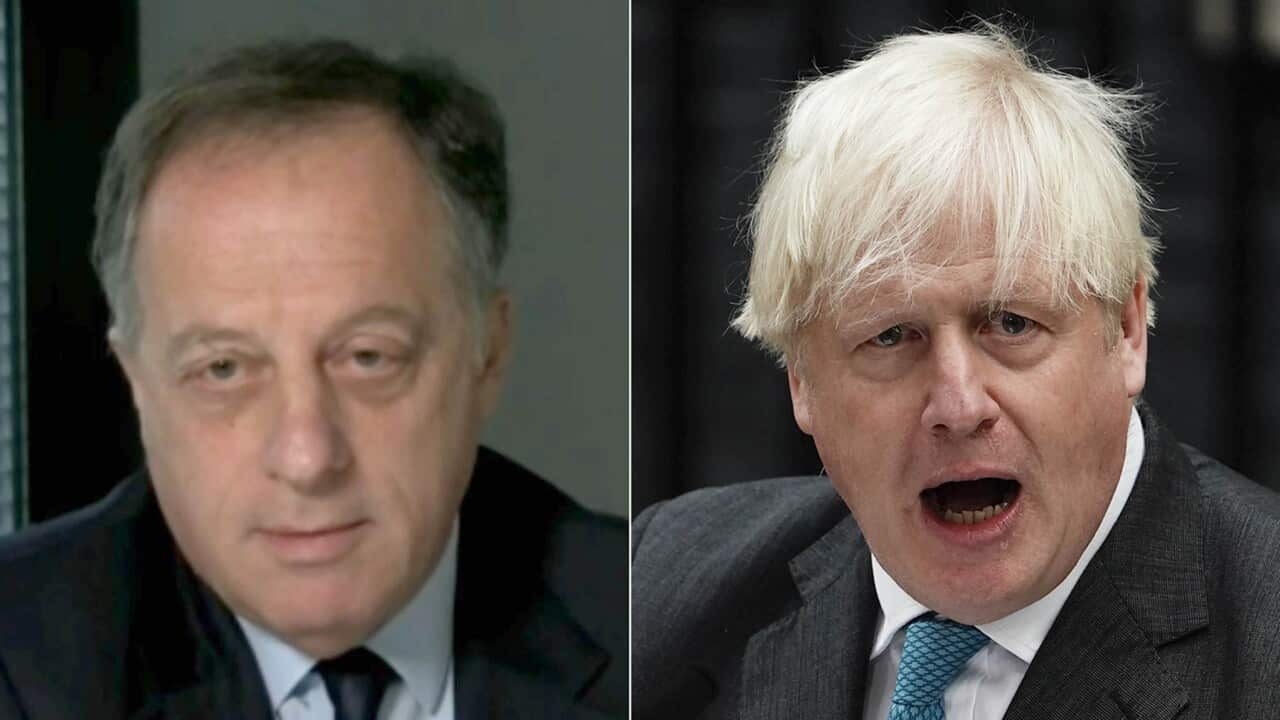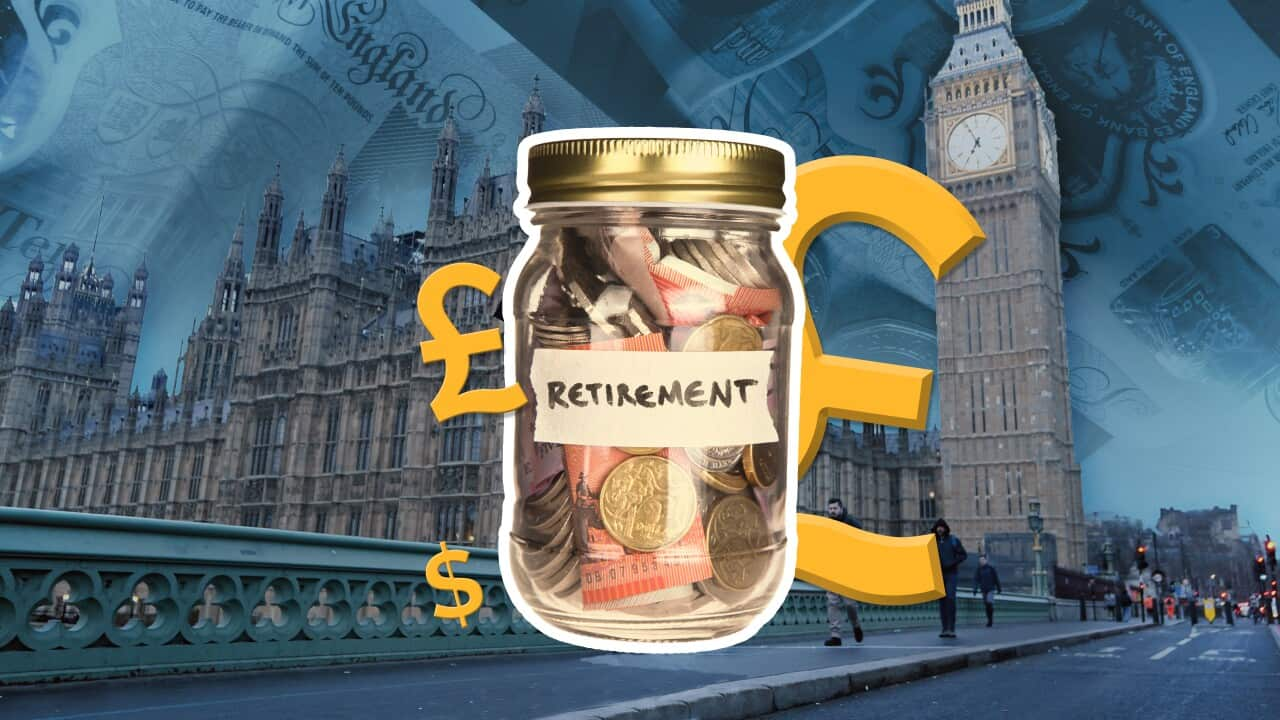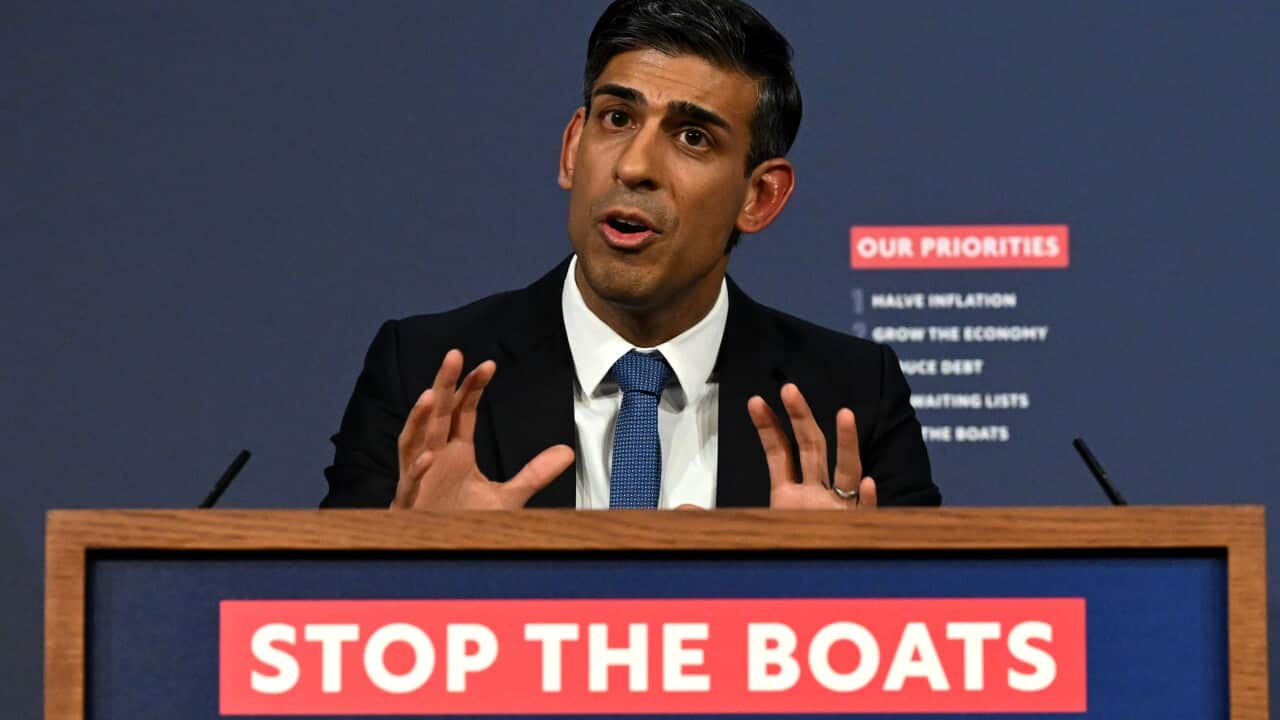Key Points
- Mr Sharp reportedly breached the rules to secure a loan for the former UK prime minister.
- His exit comes at a time of heightened political scrutiny of the BBC.
- Mr Sharp will stay on until June to give the government time to find his successor.
BBC chairman Richard Sharp has resigned after an independent report found he breached public appointment rules by not disclosing a potential conflict of interest in his role in securing a $US1 million ($A1.5 million) loan for the then-prime minister Boris Johnson.
His exit comes at a time of heightened political scrutiny of the British public broadcaster.
A high-profile row with highly paid presenter Gary Lineker over neutrality dominated headlines in Britain last month.
Mr Sharp, a former Goldman Sachs banker who became BBC chairman in 2021, had been under pressure since February when a committee of MPs said he had made "significant errors of judgement" in failing to declare his involvement in the loan.
Mr Sharp said he had agreed to stay until the end of June to give the government time to find a successor to lead the broadcaster, funded by a licence fee paid by TV-watching households.
The investigation, initiated by the public appointments watchdog, examined the way in which Mr Sharp was selected by the government to chair the corporation in 2021.
Specifically, it looked at whether Mr Sharp fully disclosed details of his role in facilitating the loan for Mr Johnson before he was named chairman.
The report found that, while he had breached the government's code for public appointments, that breach did not necessarily invalidate his appointment.
Mr Sharp said he believed the breach had been "inadvertent and not material".
But he also said staying until the end of his four-year term would be a distraction from the broadcaster's "good work".
"I have decided that it is right to prioritise the interests of the BBC," Mr Sharp said in a statement.
"I have, therefore, this morning, resigned as the BBC chair."
The opposition Labour Party's culture spokeswoman Lucy Powell said the breach had "caused untold damage to the reputation of the BBC and seriously undermined its independence as a result of the Conservatives' sleaze and cronyism".
The report mentions mr Johnson's Downing Street office as having recommended Mr Sharp as "a strong candidate" for the role, which attracted 23 applications.
Mr Sharp has maintained he was not involved in making the loan or in arranging a guarantee or any financing, and that he did no more than seek to introduce Canadian businessman Sam Blyth to a government official in late 2020.
Andrew Heppinstall, who carried out the inquiry, said he was "happy to record" that he had seen no evidence of Mr Sharp having any role in Mr Johnson's private financial affairs aside from the attempted introduction.











